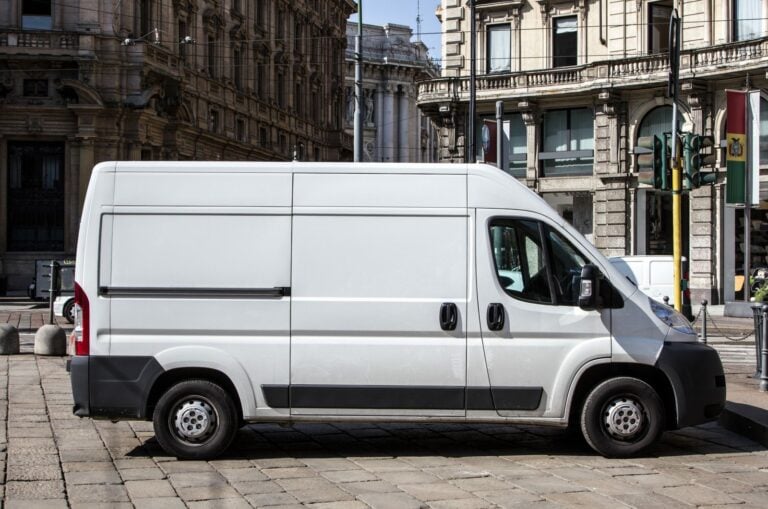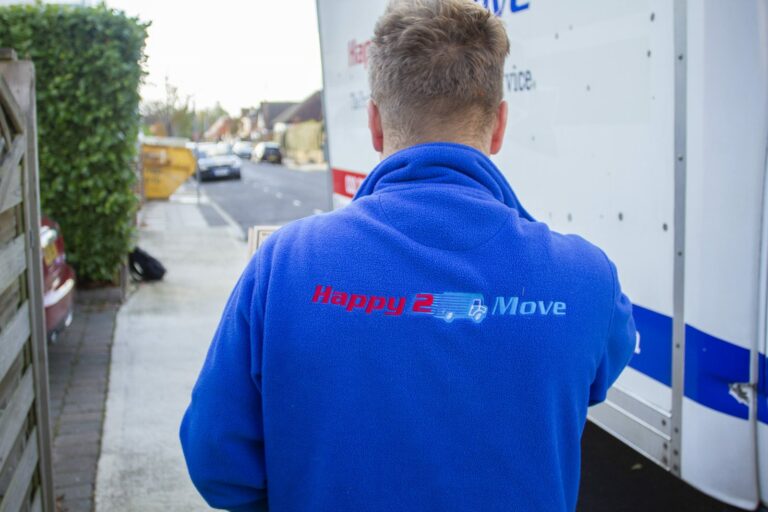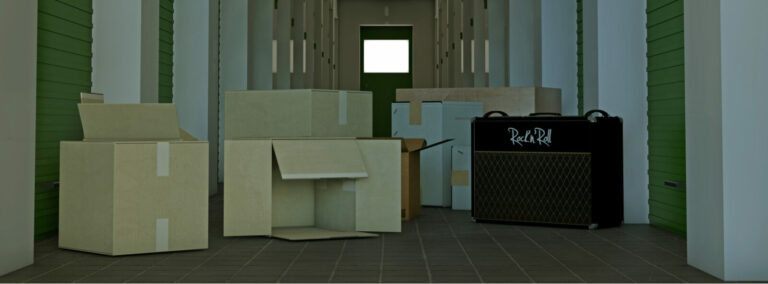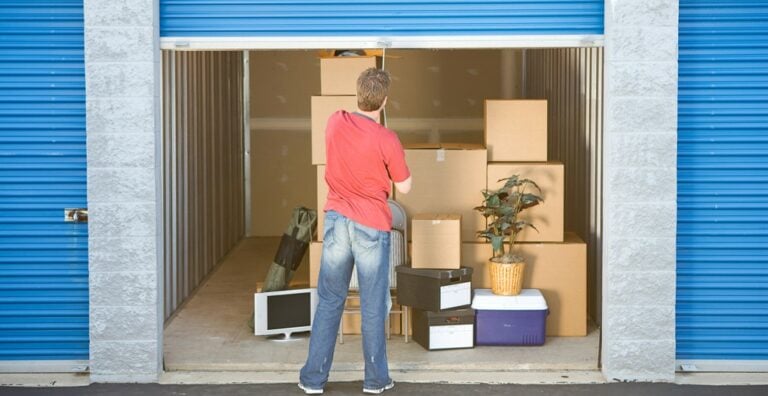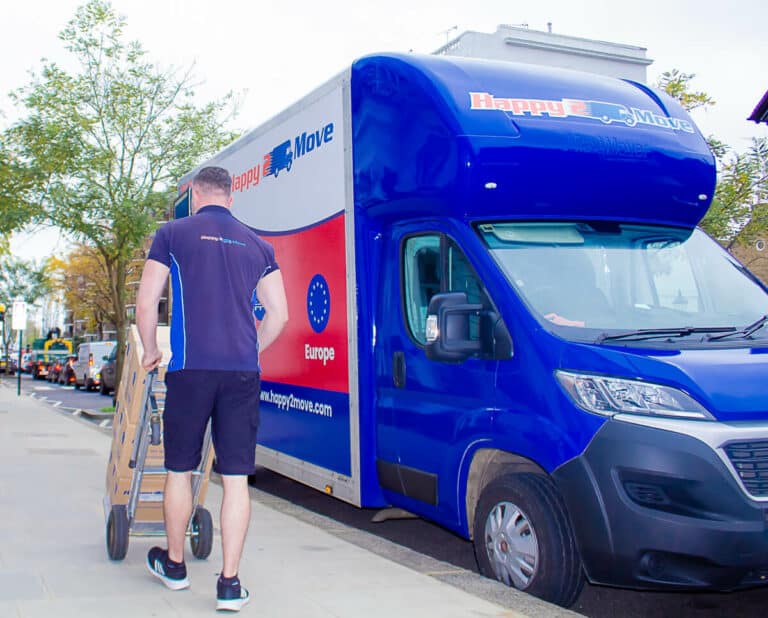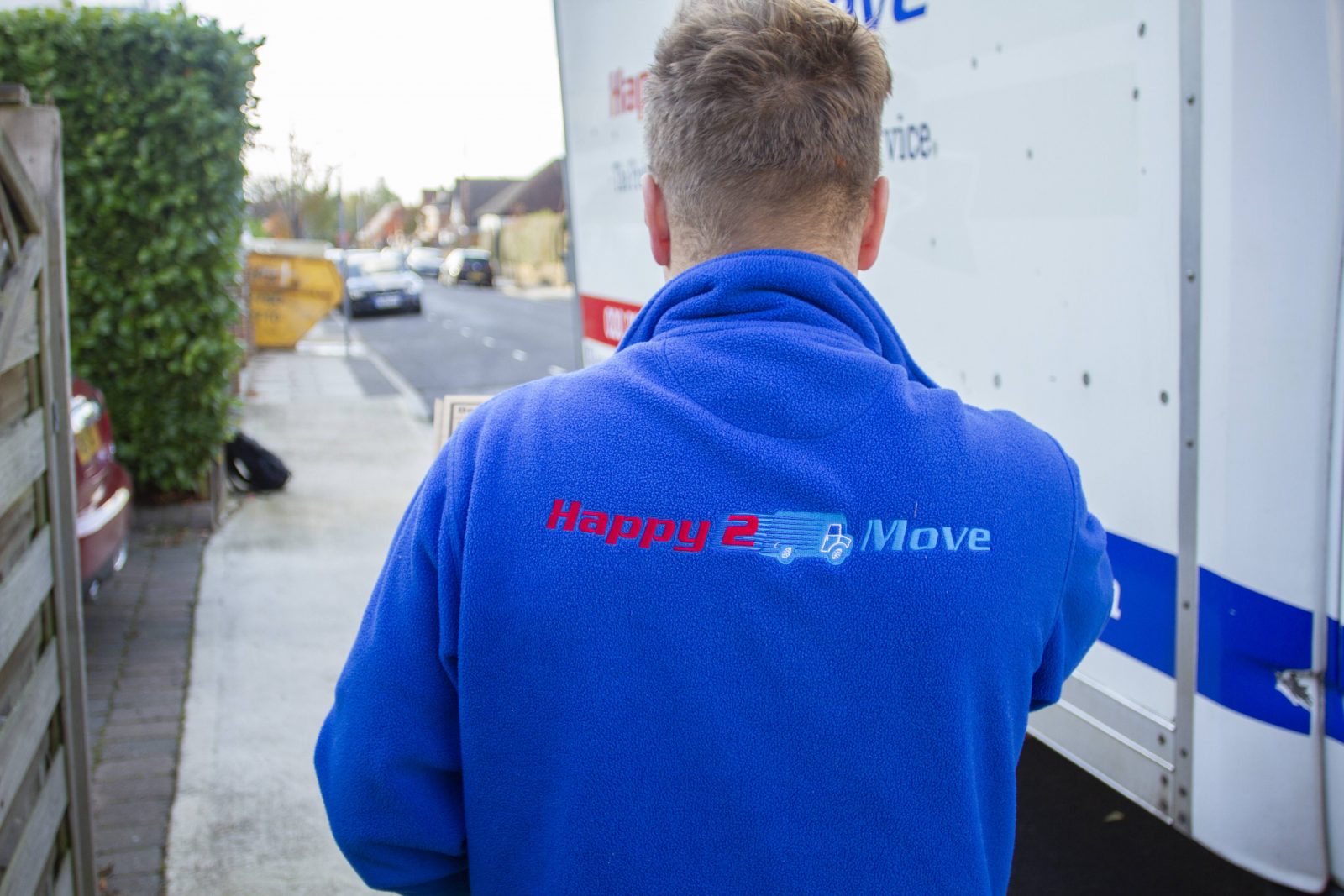
Moving to university is one of life’s most exciting milestones, but it can also feel overwhelming when you’re trying to work out what to pack. Whether you’re a first-year student heading to halls of residence or an experienced student moving into a house share, this guide will ensure you’re fully prepared for your university journey.
With accommodation costs averaging £563 per month across the UK (and £812 in London according to the 2025 National Student Accommodation Survey), it’s more important than ever to be strategic about what you bring to make your space feel like home without breaking the bank.
Pre-Move Planning: Setting Yourself Up for Success
Before you start packing, take these essential steps:
Contact your accommodation provider to understand exactly what’s included. Most halls provide basic furniture (bed, desk, chair, wardrobe), but specifics vary significantly between providers.
Connect with your flatmates or roommates early to coordinate purchases and avoid duplicates. This is especially important for shared items like kitchen appliances, cleaning supplies, and entertainment equipment.
Check your bed size – many university beds are single or extra-long single, which may require specific bedding sizes.
Understand your move-in logistics including parking availability, lift access, and whether the accommodation provides moving assistance.
Essential Documents Checklist
Keep these crucial documents easily accessible during your move:
Primary Documents
- University acceptance letter – your most important document proving course enrollment
- Valid ID (passport, driving licence, or national ID card)
- Student finance documents including loan agreements and funding confirmations
- Accommodation contract and payment confirmations
- Health insurance documents (especially important for international students)
Additional Important Papers
- National Insurance number (UK students)
- Birth certificate (keep a copy, leave original at home)
- Exam certificates and academic transcripts
- Bank account details and statements
- Emergency contact information
Top tip: Make digital copies of all documents and store them securely in cloud storage as backup.
Bedroom Essentials: Creating Your Personal Space
Bedding and Comfort
- Bedding sets (2-3 sets of sheets, pillowcases)
- Duvet and pillows (check if provided by accommodation)
- Mattress protector – essential for hygiene and potential deposit protection
- Extra blanket for colder months
- Comfortable pillow from home for better sleep
Storage and Organisation
- Hangers (mix of different types for various clothing)
- Storage boxes or baskets for under-bed storage
- Laundry basket with handles for easy transport
- Vacuum storage bags to maximise space efficiency
- Over-door organisers for additional storage
Study Space Setup
- Desk lamp with good lighting for late-night study sessions
- Desk organiser for stationery and supplies
- Ergonomic cushion for your desk chair
- Notice board or whiteboard for important reminders
Technology and Electronics
- Laptop and charger (essential for coursework)
- Phone charger (bring a spare)
- Extension leads and adaptors (crucial for limited plug sockets)
- Portable hard drive or USB stick for backing up work
- Headphones for studying and entertainment
- Power bank for keeping devices charged on the go
Personal Comfort Items
- Photos from home and frames
- Favourite mug or water bottle
- Comfortable slippers
- Small plants (if accommodation allows)
- Fairy lights for ambient lighting
- Cushions or throw for personalising your space
Kitchen Essentials: Fueling Your Student Life
Basic Cookware (if not provided)
- Plates, bowls, and side plates (2-3 of each)
- Cutlery set (including serving spoons)
- Mugs and glasses (at least 2 of each)
- Basic pots and pans (1 small, 1 medium)
- Baking tray for quick meals
Cooking Utensils
- Wooden spoons and spatula
- Can opener and bottle opener
- Sharp knife and chopping board
- Measuring cups and spoons
- Mixing bowl
- Tea towels and oven mitts
Food Storage and Prep
- Food storage containers with lids
- Cling film and foil
- Freezer bags
- Water filter jug (if tap water quality is poor)
Small Appliances (coordinate with flatmates)
- Kettle (essential for hot drinks and quick meals)
- Toaster
- Rice cooker (space-efficient for regular meals)
- Blender (great for smoothies and budget-friendly meals)
Pantry Basics
- Basic spices (salt, pepper, mixed herbs)
- Cooking oil and vinegar
- Tea, coffee, and hot chocolate
- Basic condiments (ketchup, soy sauce)
Personal Care and Health
Daily Toiletries
- Shampoo, conditioner, and body wash
- Toothbrush, toothpaste, and mouthwash
- Deodorant and perfume/cologne
- Skincare routine items
- Razor and shaving cream
Health and Wellness
- Towels (2-3 bath towels, 2-3 hand towels)
- First aid kit with basic medications
- Contraceptives and personal health items
- Prescription medications with prescription documentation
- Thermometer
Hair and Beauty
- Hair dryer and styling tools
- Hair bobbles and clips
- Basic makeup (if used)
- Nail care items
Clothing Strategy: Less is More
Essential Clothing Items
- Week’s worth of everyday clothes
- Smart outfit for presentations, job interviews, or formal events
- Exercise clothes and trainers
- Warm jacket and rainwear
- Comfortable walking shoes
- Underwear and socks (7-10 days’ worth)
- Pyjamas and loungewear
- Fancy dress costume (university traditions!)
Seasonal approach: Pack for the current season and swap items when you return home during breaks. This saves space and keeps your wardrobe fresh.
Study Supplies: Academic Success Tools
Traditional Stationery
- Notebooks and loose paper
- Pens, pencils, and highlighters (various colours)
- Sticky notes in different sizes
- Stapler and hole punch
- Calculator (if required for your course)
Digital Study Tools
- Cloud storage subscription (Google Drive, Dropbox)
- Productivity apps for note-taking and organisation
- Course-specific software (check requirements with your department)
Organisation Systems
- Academic planner or diary
- Filing system for course materials
- Reference books specific to your course (check reading lists first)
Cleaning and Maintenance Supplies
Basic Cleaning Kit
- All-purpose cleaner
- Disinfectant wipes
- Toilet roll (always useful to have extra)
- Bin liners and small bins
- Washing powder (liquid recommended for university machines)
- Fabric conditioner
Maintenance Items
- Basic tool kit (screwdriver, hammer, measuring tape)
- Sewing kit for clothing repairs
- Stain remover pen
- Batteries (various sizes)
Safety and Security Essentials
Personal Security
- Small safe or lockbox for valuables and important documents
- Door stop alarm for additional security
- Personal alarm for walking alone at night
- Bike lock (if bringing a bicycle)
Room Security
- Webcam cover for laptop privacy
- Window locks (if not provided)
- Insurance documentation for personal belongings
Money-Saving Tips for Student Moving
Before You Buy
- Check what’s included in your accommodation package
- Coordinate with flatmates to share costs of common items
- Look for student discounts at major retailers
- Consider second-hand options for non-essential items
- Wait to buy some items until you see your space and know what you actually need
Budget-Friendly Alternatives
- Use milk crates or cardboard boxes as temporary storage solutions
- Bring old towels and bedding from home initially
- Shop at discount stores for basic kitchen items
- Join local student Facebook groups for second-hand furniture deals
Transportation and Moving Day Tips
Packing Strategies
- Label boxes clearly with contents and destination room
- Pack a ‘first 24 hours’ bag with immediate essentials
- Use vacuum bags for clothing and bedding to save space
- Pack heavy items in small boxes to avoid strain
- Keep valuable items with you rather than in moving boxes
Moving Day Preparation
- Arrive early to avoid crowds and secure parking
- Bring moving essentials: trolley/cart, tape, markers, bin liners
- Have phone numbers ready for accommodation office and flatmates
- Prepare for delays and have snacks and water available
- Do a room inspection immediately and report any damage
What NOT to Bring
Unnecessary Items
- Excessive clothing (you can swap seasonal items during breaks)
- Large furniture (usually provided by accommodation)
- Expensive jewellery or valuables you don’t need daily
- Childhood collections (save space for practical items)
- Multiple sets of bedding initially (start with 2 sets maximum)
Prohibited Items (check your accommodation rules)
- Candles or incense (fire hazard)
- Pets (unless specifically allowed)
- Large electrical appliances (often provided or prohibited)
- Weapons or self-defence items beyond personal alarms
Transitioning from Halls to House Shares
When moving from university accommodation to private housing, consider these additional items:
Upgraded Essentials
- Higher quality cookware for more elaborate cooking
- Additional furniture like comfortable seating or coffee table
- Shared household items coordinated with housemates
- Bills management system and direct debit arrangements
Responsibility Items
- Utility account information
- Council tax exemption forms (for full-time students)
- TV licence (if required)
- Internet setup arrangements
Final Preparation Checklist
8 weeks before moving:
- Confirm accommodation details and requirements
- Start collecting essential items gradually
- Research local area and amenities
4 weeks before:
- Connect with flatmates and coordinate shared purchases
- Arrange moving transportation
- Organise important documents
1 week before:
- Confirm moving day logistics
- Pack non-essential items
- Prepare ‘first day’ survival kit
Moving day:
- Allow extra time for unexpected delays
- Keep important documents and valuables with you
- Take photos of any existing damage in your accommodation
- Exchange contact details with new flatmates
Making Your Student Accommodation Feel Like Home
The key to successful student living isn’t just having the right stuff – it’s about creating a space that supports both your academic success and personal wellbeing. Start with the essentials, then gradually add personal touches that make your new space feel like home.
Remember that university is a journey of discovery, and that includes working out what you actually need versus what you think you need. Don’t stress about having everything perfect from day one – part of the student experience is learning to adapt and make the most of what you have.
Professional Moving Support
If you’re planning a significant move or need help transporting larger items, Happy2Move offers specialized student removal services designed specifically for university students. Our team understands the unique challenges of student moves and can help make your transition as smooth as possible.
For storage solutions during semester breaks or when transitioning between accommodations, explore our flexible storage options that can accommodate everything from a few boxes to an entire room’s worth of belongings.
The friendly team at Happy2Move is always happy to discuss your specific moving needs and provide tailored advice. Contact us today for a personalised quote and expert guidance on your student move.
Frequently Asked Questions
How much should I budget for initial university setup costs? Beyond accommodation costs, budget £300-500 for initial setup including bedding, kitchen basics, and study supplies. Look for student discounts and coordinate with flatmates to reduce costs.
What’s the most important thing to bring to university? Your laptop and important documents are absolutely essential. Everything else can be purchased or borrowed if necessary, but these items are critical for your studies and admin requirements.
Should I bring everything at once or in stages? Bring essentials first and assess your space needs. You can always bring additional items later or during family visits. This approach prevents over-packing and helps you understand what you actually need.
How do I keep my belongings secure in student accommodation? Use a small safe for valuables and important documents, never leave items visible through windows, and always lock your door. Consider personal contents insurance for valuable items.
What should I do if I forget something important? Don’t panic! Most items can be purchased locally or ordered online. Focus on having your essential documents, medications, and one change of clothes, and you can acquire everything else as needed.
How can I coordinate with flatmates before moving in? Use your accommodation provider’s contact information to reach out early. Create a shared list of items needed and discuss who will bring what. This prevents duplication and helps split costs.
What’s the best way to pack for a student move? Pack essential items in a clearly labelled ‘first day’ bag, use space-saving techniques like vacuum bags for clothing, and keep important documents and valuables with you rather than in moving boxes.
How do I make a small student room feel more spacious? Use vertical storage solutions, keep surfaces clutter-free, maximise natural light, and choose dual-purpose items. Mirrors and light colours can also help create the illusion of more space.


